12 Essential Films
For An Introduction To Turkish Cinema
SOURCE
With the recent ‘Winter Sleep’ by filmmaker Nuri Bilge Ceylan winning the Palme d’Or at Cannes, many would have been surprised to hear that Turkey even had a film industry. Below is a list of 12 films to whet the appetite of any lover of film who is looking for a new taste in cinema.
Note: The films on this list are not rated in any order and have been selected as essential viewing to guide an introductory exploration of Turkish cinema.
1. G.O.R.A (2004)
A science fiction comedy, G.O.R.A is the most ambitious film to come from Turkish Cinema in terms of scope. The special effects and production design reached new levels with its record budget of $5 million for a Turkish production.
The film utilises what it lacks in comparison to the Hollywood pictures to feed its humour and challenges the notion (in Hollywood blockbusters) that extra-terrestrials only abduct westerners. The film’s biggest achievement is perhaps its accessibility and international reach to audiences, a feat that not many comedies of Turkish cinema had achieved before.
2. Komser Şekspir aka Commissar Shakespeare (2001)
A constant frustration of Turkish cinema in its 100 year history has been its struggle against censorship from the state and political lobbies. However, even more frustrating has been the censorship of tradition, the weight of history and a tendency to critique challenges to social norms.
This tender and touching story of the importance of art in dragging the reluctant to accept new identities and views is a cinematic ode to the passion the Turks have for cinema, their love of drama, their passion to be heard and their struggle to form a hybrid identity comprising of east and west nuances.
The macho lead explores the feminine, the criminals explore compassion, the corrupt authority figures find empathy and the audience, discovers a new voice through a production of Snow White and the Seven Dwarves, staged in an oppressive police station. This is a must see, if only to understand why Turks make the films they do.
3. Incir Reçeli aka Figs Jam (2011)
A controversial unorthodox love story, ‘Figs Jam’ tells the story of a screenwriter and the woman that literally stumbles into his life, triggering an unlikely romance. The film split audiences because of the protagonist’s reaction to a revelation by his new love.
This revelation, like this film, drags the audience and the central character into a new realm. The old ways of telling a story (in Turkish cinema) are challenged and the absurdity of being judgmental is revealed. ‘Figs Jam’ is a cinematic meditation on the Turkish experience of eastern values whilst travelling west, it is a traditional drama told in the voice of a European and wonderfully so, through the art of cinema.
4. Sevmek Zamani aka Time to Love (1965)
A stylised and unique departure from traditional Turkish films, ‘Time to Love’ is an underappreciated gem of Turkish cinema and rests comfortably along the films of Italian maestros Luchino Visconti or Vittorio De Sica.
It tells the story of a man who falls in love with a publicity poster of a woman, who through circumstance falls in love with him. However, the protagonist is in love with her picture, not her. The film is light on dialogue and accordingly the symbolism and assured confidence of the camera communicates through cinematic poetry, taking over where meanings are no longer expressed by words.
5. Yazgi aka Fate (2001)
Staunchly independent and relentlessly uncompromising Director Zeki Demirkubuz makes films unlike any other in Turkey. ‘Fate’ is a subtle adaptation of the Albert Camus novel L’Étranger and relates the story of an anti-hero who is apathetic and without emotion to society’s expectations.
The film, the first in the filmmaker’s Tales Of Darkness trilogy is spot on with its condemnation of fate as a way to avoid personal culpability but at the same time acknowledges a now all too conventional reaction to estrangement.
6. Umut aka Hope (1970)
‘Hope’ is the story of a man, who, after losing one of his horses in an accident, sets out into the desert in a quest for a mythical lost treasure. A victim of censorship at the time, the release of the film was delayed, but the filmmaker Yilmaz Guney was a talent not to be silenced and a copy of the film was smuggled out and presented at the Cannes Film Festival.
The film is on the same page as the films of Roberto Rossellini and Cesare Zavattini and has often been compared to ‘Bicycle Thieves’ by De Sica. To this day, it stands as an example of neo realism and revolutionary cinema of Turkey.
7. Ah güzel Istanbul aka O Beautiful Istanbul (1966)
An icon of Turkish cinema Director Atif Yilmaz was renowned for the performances he drew from his actors and for his vast body of popular works. ‘O Beautiful Istanbul’ is a standout amongst them and for more reasons than one.
A dark romantic comedy contrasted with the beautiful backdrop of bustling and vibrant Istanbul the director frames the city as a character in the film and in doing so weaves a warm, charismatic tale that is as approachable today as it was then.
8. Üç Maymun aka Three Monkeys (2008)
Turkey’s official submission for the 2008 Academy Award for Best Foreign Language Film. However it was at Cannes 2008 that the film found international praise from critics when the Director Nuri Bilge Ceylan was awarded the Best Director prize for his elegiac neo-noir detective story.
The story is light on dialogue but then again it’s not required, the cinematography is superb and expresses the anguish effectively. Coupled with a deliberate slow pace the audience is drawn in and it all amounts to a successful psychological thriller.
9. Eskiya aka The Bandit (1996)
Turkey’s hopes for an Academy Award for Best Foreign Language Film at the 69th Academy Awards were not realised and a nomination went begging. But then again, this film, one can sense is happy to have been a contender.
The titular character returns home from prison after 35years to find that his village has flooded. He then sets off to the city to seek revenge from the snitch that put him away. On this journey the bandit acts as wise council for a young man who wants to be a gangster, who in return assists the bandit to stay afloat in an occidental city, which is just as much a prison as it is flooded with western peculiarities.
These themes are complemented by the films cinematography, direction and narrative which dance gleefully with Hollywood action flick tropes and are coupled with eastern legends and myths that are ever so prevalent in eastern story telling. The occidental bandit could have been a contender to stem the flow of the western flood and the young man may stay afloat if he embraces the myths. However the films mediation is not on this conflict, but on the obvious . . . we are all contenders.
10. Selvi Boylum, Al Yazmalım aka The Girl With The Red Scarf (1978)
Once again director Atif Yilmaz draws a phenomenal performance from his actors. A wonderful romantic drama is woven when coupled with a standout soundtrack composed by Cahit Berkay, which is as iconic as the film itself.
However this simple story of love is not just an example of Turkish cinemas ability to tell a romantic tale. It is as much an example of the directors’ meticulous attention to detail and effective staging of mise-en-scène. Atif Yilmaz displays a faultless performance as director and finds a balance between poetry and motion, whereby the internal conflicts are voiced and the external conflicts are buried, which ultimately leads to a decision. One that the audience will share, in a finale that is up there with the greatest.
11. Sürü aka The Herd (1979)
The second film of Yilmaz Guney to feature on this list. ‘The Herd’ is perhaps not as well known as ‘The Road’ the Palme d’Or winner of 1982. However, winning awards is not the measuring stick for this list. The herd is a story of a journey. A dramatic tale emerging from a social stance and ending on an existential note.
The narrative is carried forward on a train journey. This train allows the viewer access into the interior of Turkey (much like the river in Conrad’s Heart of Darkness does in Africa) as it travels from barren villages of the east and into the developed west. On the other hand, unlike Conrad’s novel, the herd is not divided from the events and the people it encounters. With the west representing hope and the journey riddled with corruption and injustice. The film hints that the herd perhaps needs to take the journey in order to connect the good and the bad so as one can see themselves in relation to it.
Yilmaz Guney’s films normally make strong and powerful statements about Turkish society and authority in general. However, ‘The Herd’ is perhaps the most responsible and therefore the most approachable of his statements.
12. Uzak aka Distant (2002)
Nuri Bilge Ceylan’s Distant is an outstanding piece of cinema from the director, who like Yilmaz Guney often meditates on the gulf between the city and the country. In this film the hospitality that one expects is experienced by city folk upon visiting family back at home in the village is not returned when Yusuf played exceptionally by Mehmet Emin Toprak (who sadly passed away in 2002) comes to the big city to stay with his cousin Mahmut, hopeful of breaking the drought of employment and opportunity.
The performances of the two lead actors are undeniably worthy of recognition. The character Yusuf is lonely and isolated and at times displays the same brooding existential vibe as Robert De Niro’s Travis Bickle yet doesn’t need to explode with violence to communicate with the audience. The character Mahmut also lonely and isolated reminds one of Edward Norton’s character in Fight Club, career success and its material cousins cannot deliver the experience he longs for yet psychologically cannot obtain. The distance in geography, between individuals and even from art are all explored with intensity and patience, a must see and a worthy introduction to Turkish cinema.
Other worthwhile films: Journey to the Sun (1999), Motherland Hotel (1987), Feyzo, The Polite One (1978), Bitter Life (1962), Once Upon a time in Anatolia (2011), Facing Windows (2003), The Road (1982), Winter Sleep (2014), Head On (2004).
Author Bio: Agreysiren is a 35 year old from Melbourne, Australia. He currently holds a degree in International Economics and is a lifelong student of cinema. For suggestions on what to watch and latest updates and news visit https://www.facebook.com/agreysirenpics & www.agreysirenpics.wordpress.com.

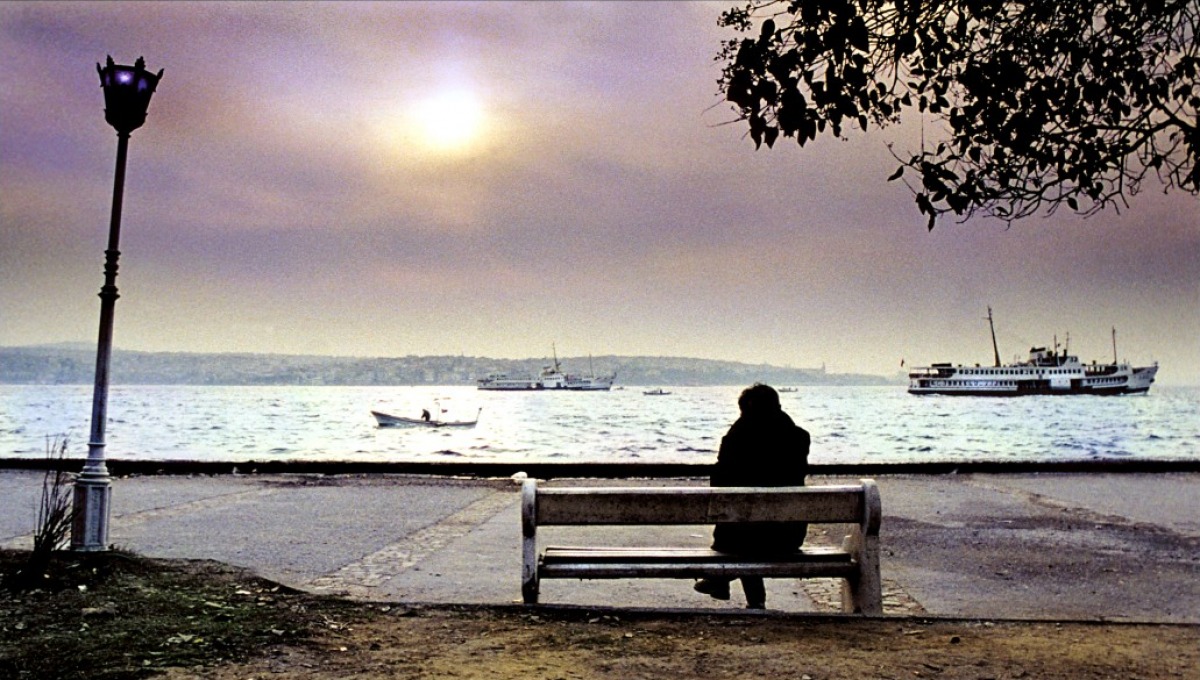
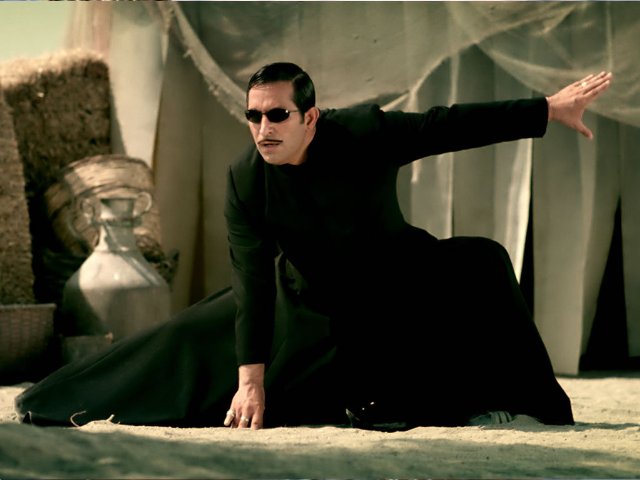
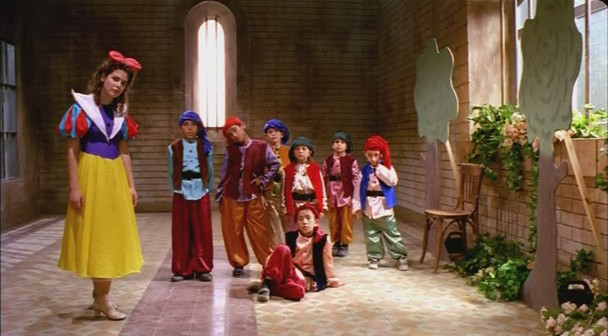

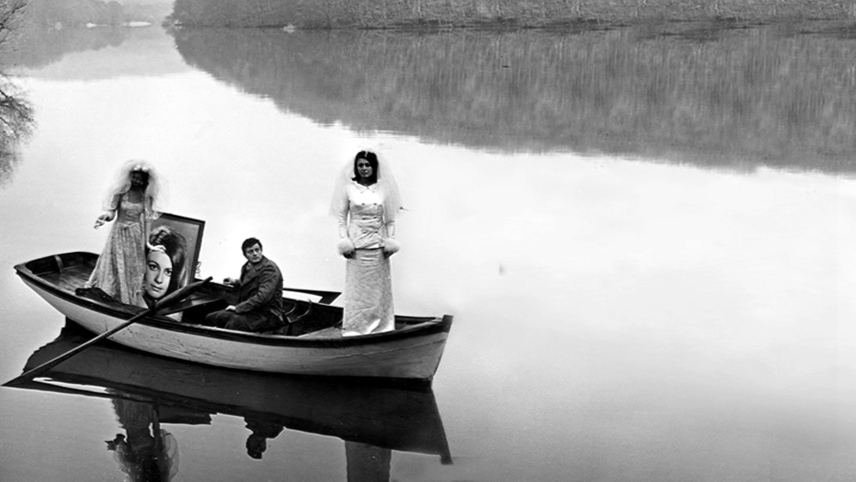
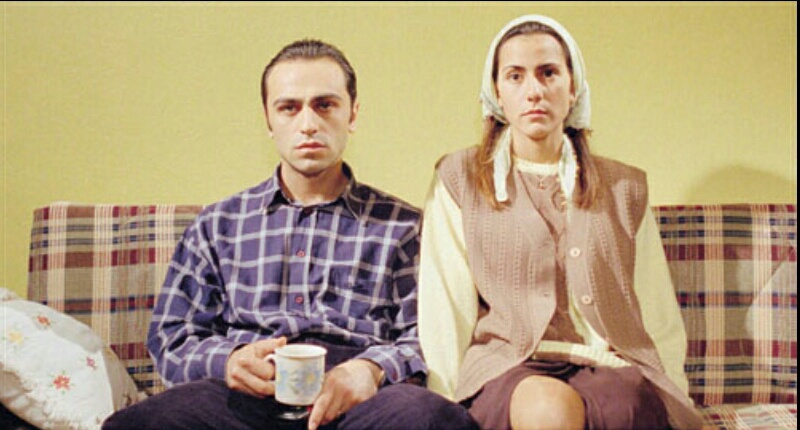
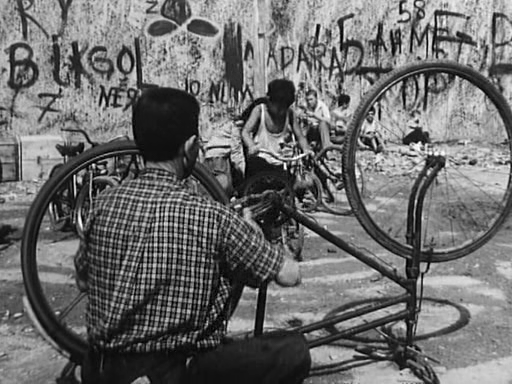
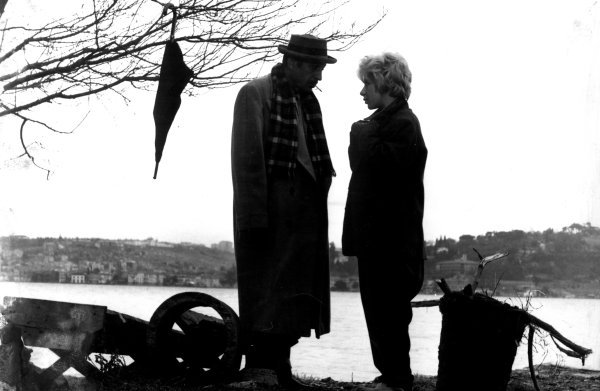

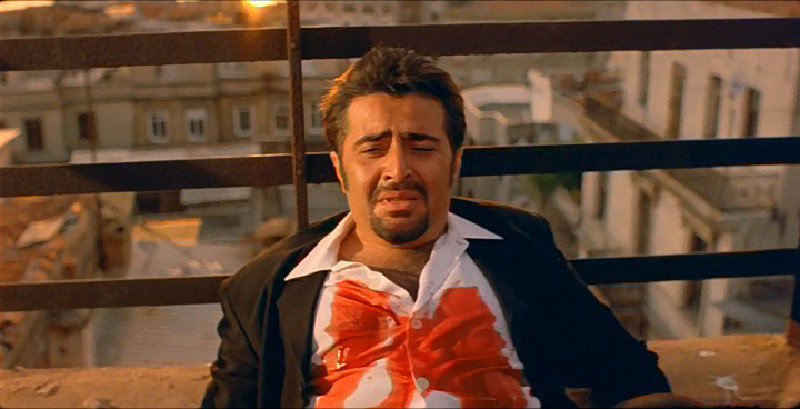
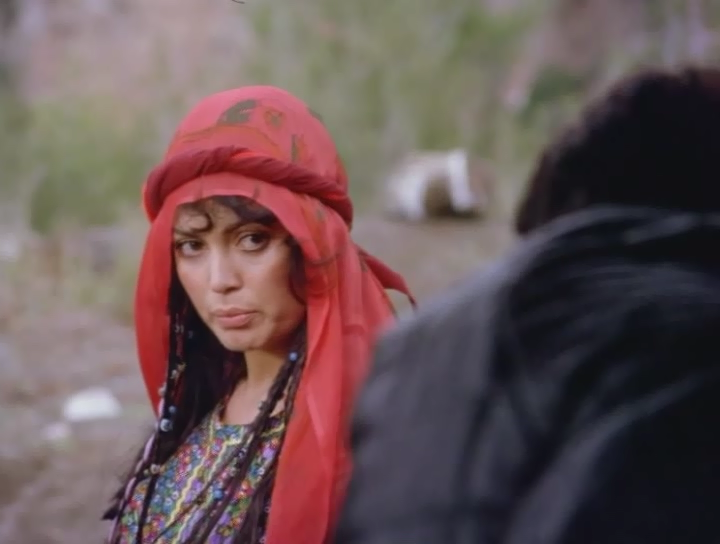
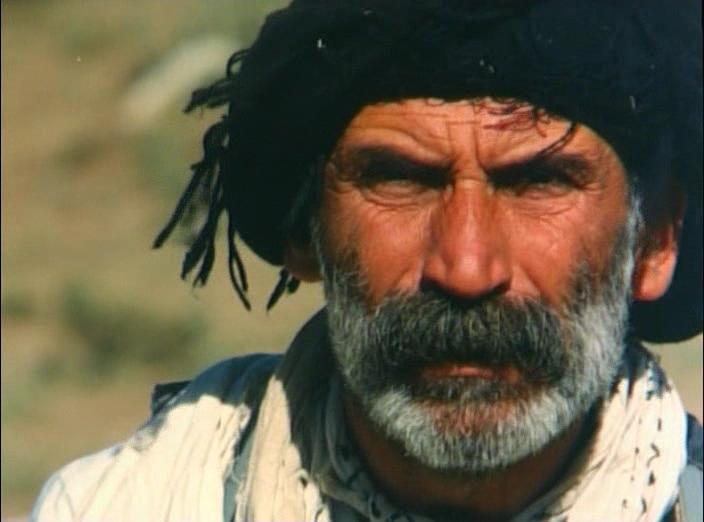
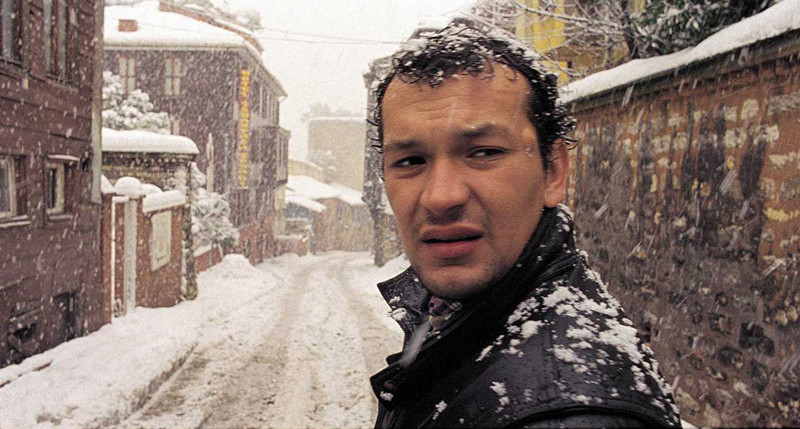




No comments:
Post a Comment